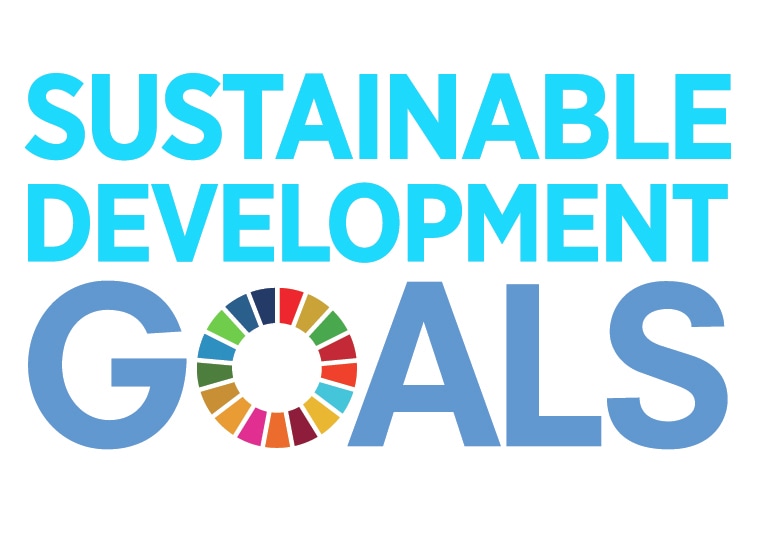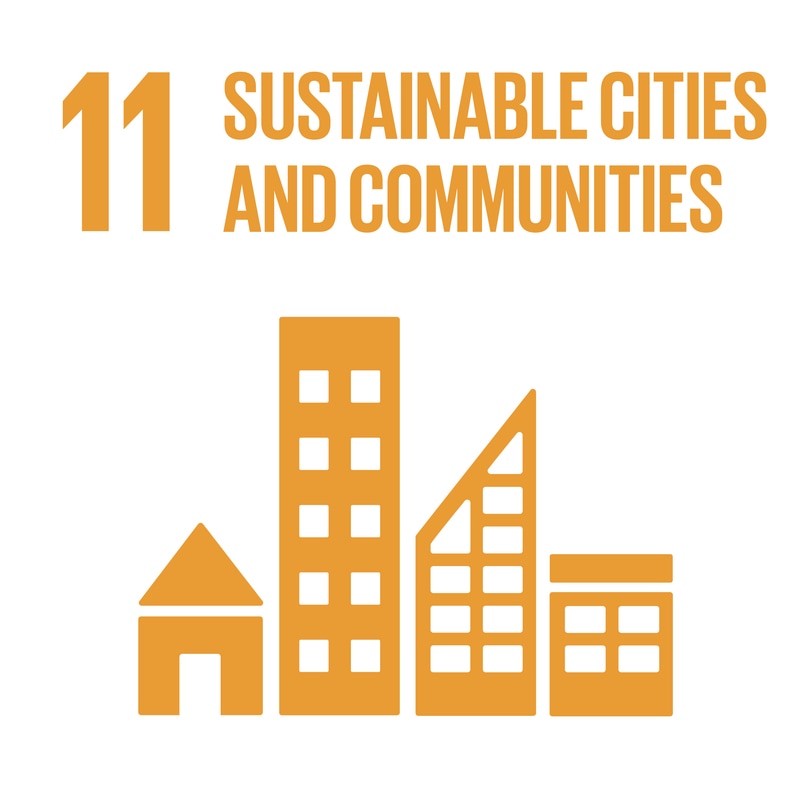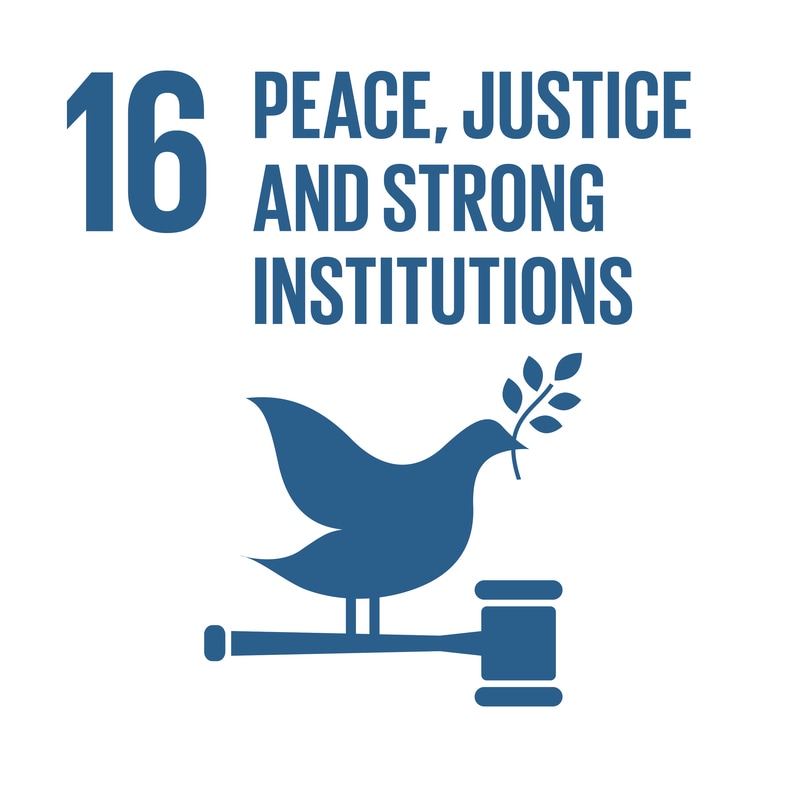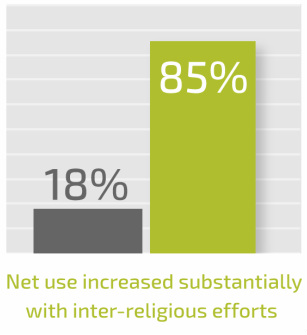Following an in-depth review of program strategies and stewardship, we have initiated a multi-year transition out of discrete programs focused on interreligious action, Catholic women religious in the United States, and the BridgeBuilder Challenge.
Transitions are a part of philanthropy and bare no reflection on the quality and contributions of the leaders, organizations and communities we fund.
Transitions are a part of philanthropy and bare no reflection on the quality and contributions of the leaders, organizations and communities we fund.
Inter-Religious Action
GHR Foundation's Inter-Religious Action funding helped to improve development outcomes, build lasting community connections and advance peace by mobilizing religious leaders and communities to address common challenges.
GHR Foundation's Inter-Religious Action funding helped to improve development outcomes, build lasting community connections and advance peace by mobilizing religious leaders and communities to address common challenges.
|
When religious leaders and communities collaborate on issues of common concern they can solve difficult problems, build trusting relationships, strengthen social cohesion and advance peace. GHR funding of inter-religious collaboration promotes:
|
As we reflect on a decade of investments in helping to establish Inter-religious Action as a practice and a viable lever for change in the development sector, we initiated an independent review to help GHR and partners better understand what was invested in, what resulted, key lessons and stories from the work.
At its core, GHR was interested in creating conditions whereby development actors and funders would come to understand the power of faith as a lever for good, the value partnering with religious and faith actors can have in advancing social cohesion and change, and the skills and ability to do so well – adhering to core standards and adequately resourcing inter-religious approaches. Those we partnered with in this effort provided amazing contributions that changed lives and planted seeds for inter-religious action to take root.
To help us uncover what resulted from this body of work, we partnered with USC Center for Religion and Civic Culture (CRCC) to capture accomplishments, challenges and design considerations. The report closes with three cases studies that illuminate themes lifted up in the review. Collectively we believe the contents of this report may be useful to anyone working in the area of global development, social justice and integral human development at the local and global level.
We invite you to explore the report and consider how you might bring IRA into your toolbox of approaches to development:
At its core, GHR was interested in creating conditions whereby development actors and funders would come to understand the power of faith as a lever for good, the value partnering with religious and faith actors can have in advancing social cohesion and change, and the skills and ability to do so well – adhering to core standards and adequately resourcing inter-religious approaches. Those we partnered with in this effort provided amazing contributions that changed lives and planted seeds for inter-religious action to take root.
To help us uncover what resulted from this body of work, we partnered with USC Center for Religion and Civic Culture (CRCC) to capture accomplishments, challenges and design considerations. The report closes with three cases studies that illuminate themes lifted up in the review. Collectively we believe the contents of this report may be useful to anyone working in the area of global development, social justice and integral human development at the local and global level.
We invite you to explore the report and consider how you might bring IRA into your toolbox of approaches to development:
Inter-Religious Action Challenge: Reducing Malaria Rates in Nigeria
The Problem:
|
Malaria kills an estimated 300,000 people in Nigeria every year.
|
Between 2004 and 2010, nearly $600 million in donor funding went to scale up Nigeria’s malaria control program.
|
Nigeria’s government and partners distributed 50 million insecticide-treated nets across the country from 2007-2010. But bed net usage remained low.
|
|
The Plan:
Train trusted religious leaders from different faith communities to advocate for net usage and malaria prevention. The Progress:
In Kaduna state, independent survey research found net use increased from 18 to 85 percent among followers of trained religious leaders. The Potential:
By engaging inter-religious leaders, communities and strategies, we can improve development results. Source: Center for Communication Programs-Nigeria and http://www.rollbackmalaria.org/microsites/ProgressImpactSeries/new-epub/index.html#book/1406
|
Video: Faith in Action
See our story on building inter-religious cooperation to stop child marriage.









